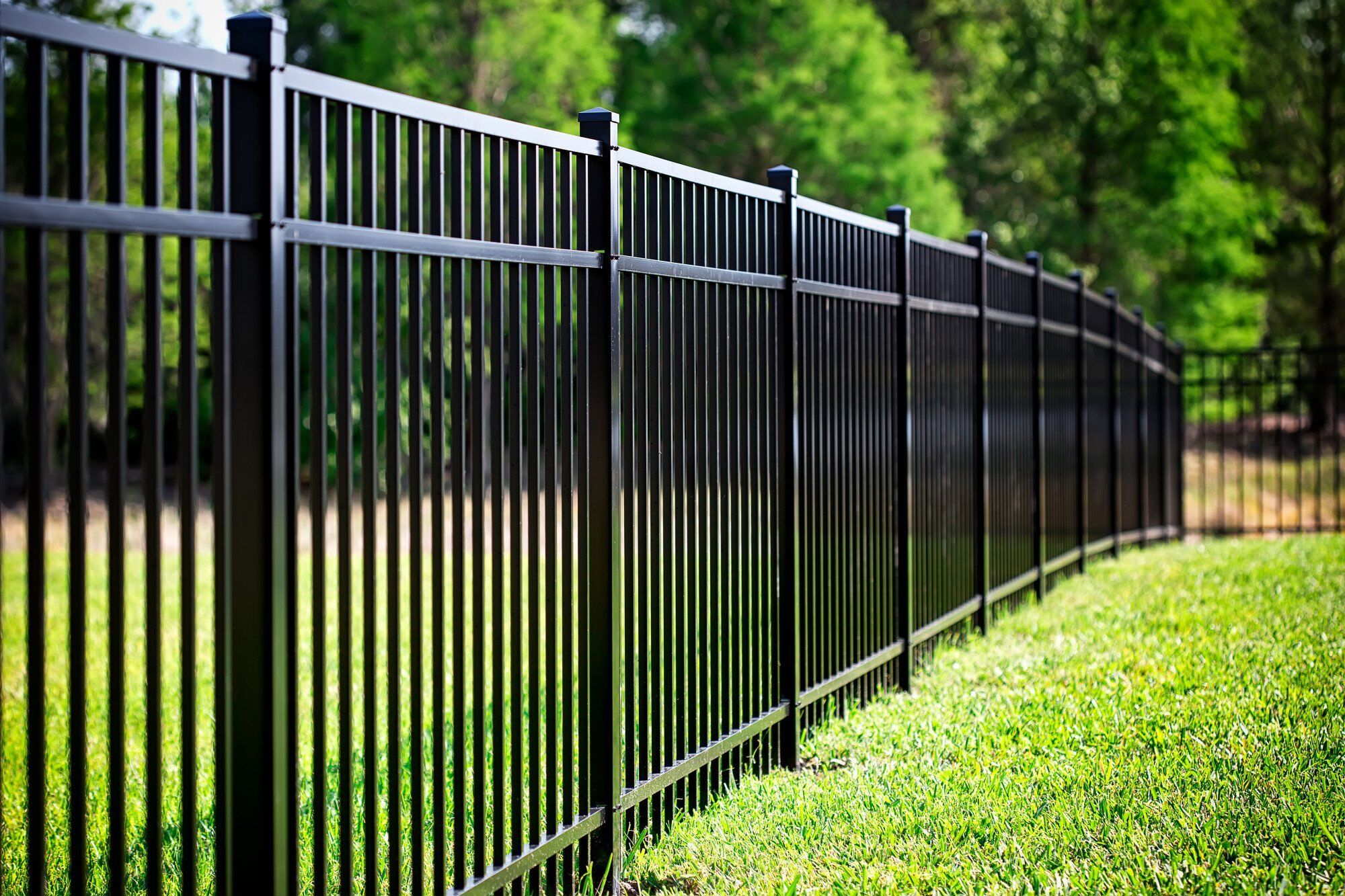All Categories
Featured

When planning to install a fencing around your residential property, one of the first actions is comprehending the permitting needs in your area. Here's what you require to recognize regarding getting the essential licenses for your fence installation.
Why Do You Need a Permit for a Fence? A permit is frequently required for fence setups to make sure compliance with local building codes, zoning regulations, and security guidelines. Permitting aids regional authorities keep harmony in area looks, security, and environmental considerations. It likewise makes sure that the fence does not conflict with energy lines or public spaces, and that it sticks to height and border limitations.

Usual Licenses Required for Fencing Installment. Structure License. Many areas need a building authorization for fencing setup, particularly if the fence goes beyond a particular elevation (normally over 6 feet) or is made from non-standard materials. This license guarantees that your fence follows neighborhood building regulations. In some areas, the structure division will inspect the site to ensure that the fence satisfies safety and security and architectural requirements.
Zoning Authorization. Zoning licenses are developed to make sure that your fencing sticks to regional zoning legislations, consisting of obstacles from residential property lines, easements, and rights-of-way. Zoning legislations vary from city to city, and sometimes, your fencing may need to be set back a particular variety of feet from the walkway or roadway. If your fencing is in a historic area or various other particularly designated locations., a zoning permit may also be necessary.

Fencing Authorization. In some areas, a certain "fence authorization" may be required. When developing a fence for domestic buildings, this is usually required. The neighborhood government may define the elevation, material, and style of the fence to ensure it mixes well with the bordering area. For instance, some cities restrict chain-link fence front lawns or have particular guidelines for privacy fences.
HOA Authorization. You might need authorization prior to installing a fence if your home is part of a house owners organization (HOA) HOA standards often consist of certain rules concerning the type, elevation, shade, and materials for fencings to maintain the neighborhood's aesthetic appeals. HOA laws can be stricter than city codes, so always check their guidelines prior to moving on.
Easement or Energy Permits. If your fencing will be near or across an easement (such as an energy easement), you may need to acquire authorization from the utility company or various other entities that manage the land. This is specifically important if you prepare to mine fence messages, as it ensures you won't harm underground utilities like gas, power, or water lines.
Exactly How to Discover Out What Permits Are Called for. The very best way to identify which authorizations are required for your fencing setup is to call your local structure department or municipal workplace. They can give you with certain info about demands in your location. Here are a few steps you can require to discover:
Check the City or Region Site: Many city governments supply details concerning fence installation allows online. Try to find building or zoning sections on their web site. Call or Visit City Government Workplaces: If the information is not conveniently offered online, calling or seeing the regional workplace in person can clarify what's required. Get In Touch With a Professional Contractor: If you're overloaded or uncertain by the process, a neighborhood contractor or fencing installment business can help in navigating the allowing procedure, as they're familiar with regional regulations. What Occurs If You Do Not Obtain an Authorization? In many areas, you might deal with fines, and your fence might be bought to be gotten rid of. Permitting makes certain that your fencing is certified and aids avoid future problems.
Verdict. Before installing a fence around your residential or commercial property, it's necessary to examine whether a license is needed in your area. Building authorizations, zoning licenses, HOA authorization, and energy permissions might all contribute in your fence setup process. Making the effort to research study and obtain the needed licenses will certainly not only guarantee that you're complying with neighborhood guidelines, however additionally assist protect your financial investment and keep the honesty of your residential property.
Latest Posts
Check Out the Best Auto Repair Discounts in Montclare, Chicago
Published May 27, 25
1 min read
Why Chicago Drivers Select Montclare Auto Repair for Reliable Service and Significant Savings
Published May 26, 25
1 min read
Find Out How WyHy Federal Credit Union Saves You Money on Loans and Savings
Published May 25, 25
1 min read
More
Latest Posts
Check Out the Best Auto Repair Discounts in Montclare, Chicago
Published May 27, 25
1 min read
Why Chicago Drivers Select Montclare Auto Repair for Reliable Service and Significant Savings
Published May 26, 25
1 min read
Find Out How WyHy Federal Credit Union Saves You Money on Loans and Savings
Published May 25, 25
1 min read